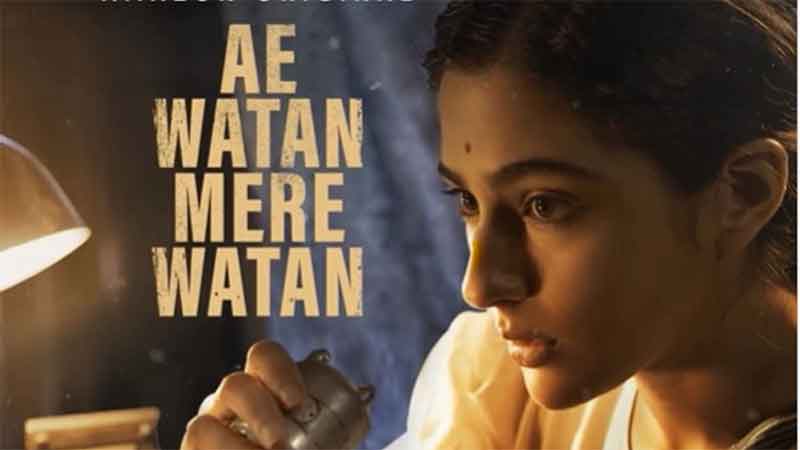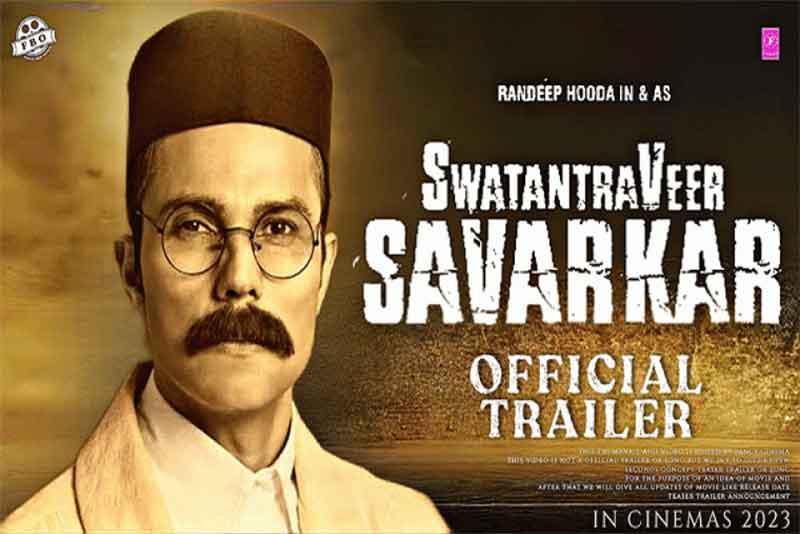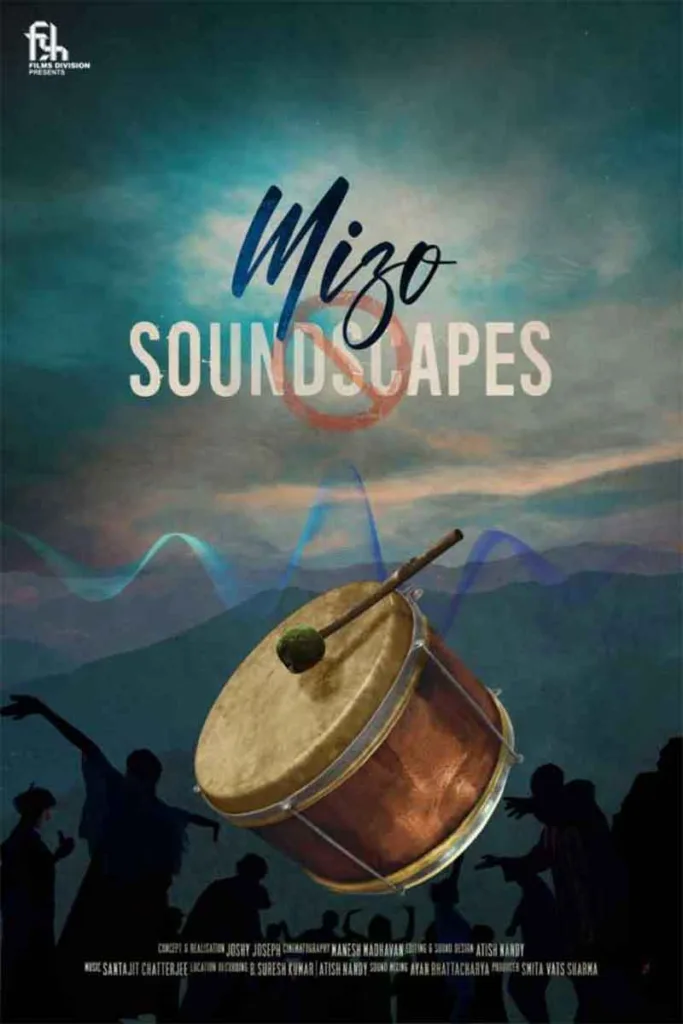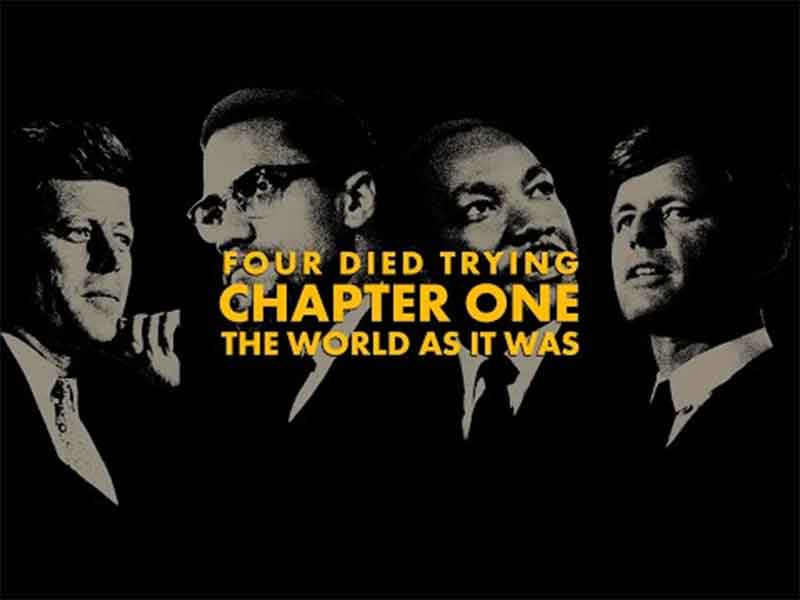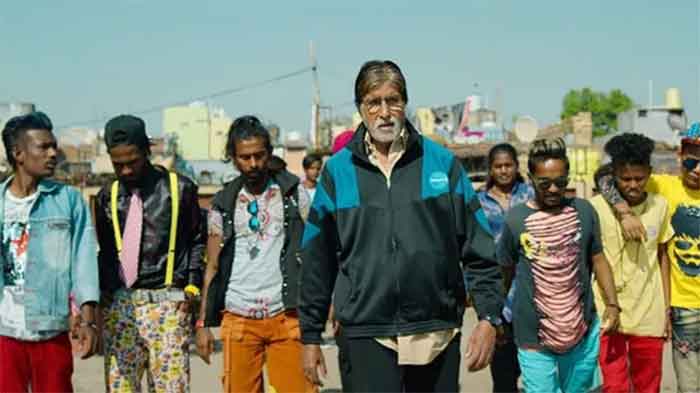
Cesare Zavattini, a screenwriter, film theorist and proponent of Italian Neorealism, writes cinema should penetrate more and more into the manifestations and essence of reality. Nagraj Manjule’s Bollywood debut film Jhund is precisely trying to assert this. The film starts with a woman scolding her husband for irresponsibly drinking, simple yet engrossing, camera pans and we see Don, Ankush approaching. The tracking shot of Ankush introduces the cinematic universe of Jhund; primary characters, settings and conflicts. The opening sequence quite brilliantly conveys the struggle of ‘dailiness’. Jhund is not just a story of a retired professor Vijay Barse running an NGO to train youth for footfall from slum areas. It is also a story of youth; their struggle, defiance and resilience.
Nagraj intelligently crafted the structure to accommodate different perspectives in the film. The first half of the story is about struggle and defiance. To convince their teacher to train them without money, a training sequence, Neymar-like butterfly lift of Ankush and, their retrieval in the tournament is sensational. For training purposes, the youth clean the playground and reach a spot where a stone, collectively worshiped by them all, is placed. In an attempt to move the God, youth dig up and surprisingly unearth a splinter of the jerry can. The sequence is daring, brave and a brilliant satire. The tournament victory and subsequent grand celebration of Ambedkar Jayanti set off the film to the midpoint. Post-Jayanti celebration, the film observes the change in tonality. The story revolves around the resilience of youth to overcome dailiness by diving deep into the life and struggle of team members, be it overcoming drug abuse and leaving behind a petty crime, tedious process of documentation for passport and suicide among youth etc.
Amid, visibility of the initiative of an NGO gains momentum, and youth across India comes to participate in soccer tournaments is a moment of collective joy, participation and inclusivity. In another sequence where Ankush is stuck back in Nagpur as police refused to verify his document due to pending cases, the director carefully frames a low-angle shot of Ankush. The framing in this sequence manifests compassionate empathy towards the character and their struggle. The sequences contain so many echoes and reverberations.
The TSA security checkpoint sequence at the airport where Ankush passes X-ray machine and every time he crosses, the light turns red, signalling that something is wrong; first for wallet and phone, followed by belt and shoes, and last, the cutter he hides in his thief pocket in his pant. The security checkpoint represents his life, flinging him back and forth. He is tired. In Slow motion, Ankush throws a cutter in the trashcan that leads to his emotional breakdown manifests his life liberated from all the shackles. Yet another sequence at the end, the airplane takes off for international tournament cut to the wall with an inscription “Leaping of the wall is prohibited”. The wall was a signifier between two different worlds, and it can be spring off with hard work and dedication.
Nagpuri dialect used by the actors is organic and certainly appears natural same as their acting throughout the film. Amitabh Bachchan is thorough, engaging and relatable. Music by Ajay-Atul is soothing at some point and zhingaat at the other. Lyrics of Aya Hai Jhund hai! And especially “Apun Ki Basti me Gutter hai Par Tumhare Dil me Gandh he” strikes differently.
Irish Film Historian Mark Cousins in The Story of Film: An Odyssey connotes Andrey Tarkovsky as the “Director of the Absolute” because the endings are astonishing in all his films. Nagraj’s films Pistulya, Fandy, Sairat, Pavshacha Nibandh, Vaikuth and Jhund, all invariably have superbly crafted ending sequences. The endings in these films stay, haunt and reverberate and, some force us to question apathy towards social inequalities. Moreover, Nagraj and Andrey Tarkovsky have one thing in common; their cinematic universe has the element of poetics.
Nagraj Manule’s cinema has a mixture of poetic and de-dramatization. Jhund broke many conventions of storytelling and most importantly, a balance de-dramatization, a brilliant technique he mastered in his craft. The notion of expressing dailiness in the cinema has authenticity at its centre. Like Martin Scorsese’s cinematic universe thrives on authenticity. Anurag Kashyap’s Gangs of Wasseypur became a cult film because of its authenticity. Writer and lyricist Varun Grover states that authenticity is an aesthetic on its own. Jhund like any other sports dramas we have seen in the recent past could have emphasized creating training montages, conflicts with self and partner etc. which worked well for the sports drama. Jhund’s novelty lies in choosing non-dramatization; “dailiness” making it a sublime piece of art in the recent past. Jhund intelligently broke the secretive code of sports drama and yet came out as bold and innovative in its form and content.

